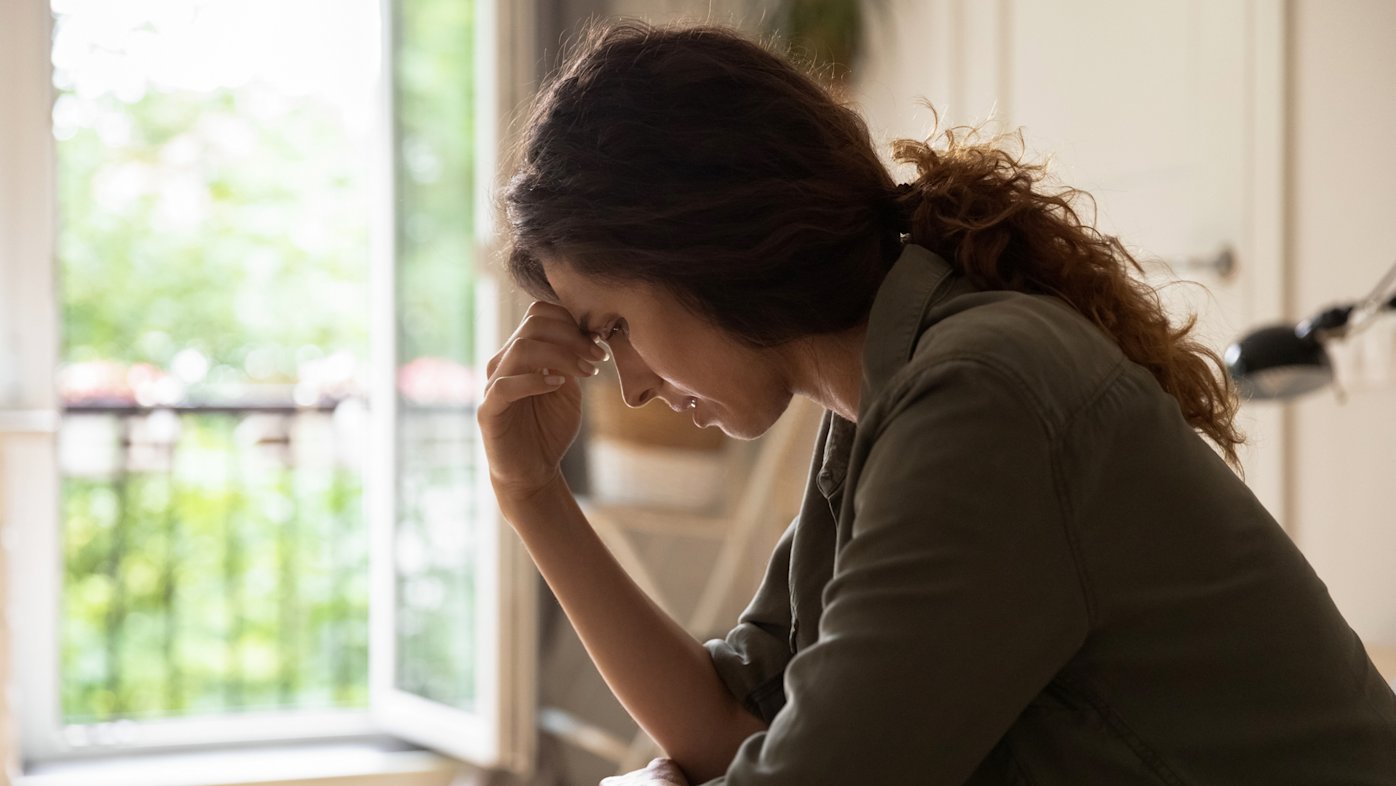
Caregiving and stress: An unfortunate combination
In a survey of more than 1,000 adults who provide unpaid care for an adult loved one, caregiving was found to take a toll on their mental health.
It’s invisible and, at times, all-consuming. Often called the “mental load,” it is the work of managing the overwhelming stream of responsibilities and obligations of a family and household, and it is usually performed by women. This “mental load” includes scheduling and attending doctor’s appointments and parent-teacher conferences, signing up for camps, filling out forms and remembering birthdays.
It’s not the difficulty of any one task. It’s the multitude of things to organize, plan and manage — often in addition to working or running a business.
According to Maggie Burgess, LCSW, a therapist at Sharp Mesa Vista Hospital, a particular aspect of this invisible work that needs to be better understood is the mother’s, or primary parent's, mental load of meeting the emotional needs of their children in a healthy way. Helping children process their emotions can take a tremendous amount of inner work, especially for parents who are raising kids that are highly sensitive or have special needs.
“Many parents are coping with their own past traumas and doing their very best to parent in a way that doesn’t repeat those childhood traumas," says Burgess. "And that takes work."
The toll of a women's invisible work
This type of mental labor isn’t necessarily new. Gender roles date back to prehistoric times of hunters and gatherers, when men served as providers and women stayed closer to home, taking care of the family. However, women of the past raised children in community with other mothers and were not isolated like parents of today are.
Now, modern lifestyles often require both women and men — or two partners of any genders — to work full time to be financially sound. However, both need a community of family and friends to raise healthy kids and keep the household running.
The partner — often the woman — carrying the heavy load at all times can experience:
Exhaustion
Low energy, motivation and libido
Anxiety or anger outbursts
Feelings of isolation
Lack of self-care
In addition, the increased demand can impact the immune system. Health issues, including headaches; head, neck and shoulder tension; back pain; and gastrointestinal distress can follow.
"Even with the best of intentions from both partners, these gender roles can creep in because they are so deeply ingrained in our psyches from generations of conditioning,” says Burgess.
Communication and compromise are key
The question is: Can the mental load be shifted? "Yes — but it needs to be intentionally addressed within each partner, and discussed openly and respectfully within the relationship," Burgess says.
Couples need to have honest conversations about how each partner contributes to the domestic labor of the family. "They must also be honest about what kind of support each needs to make it a healthy atmosphere for raising children while taking care of the mental and emotional needs of the parents," says Burgess.
If mothers — or just one of the parents — are struggling with the lion’s share of the mental load, asking for help and allowing their partner to do it their way can help free up mental and emotional space. And Burgess encourages fathers and other partners to be proactive in shifting the dynamic by consistently noticing what needs to be done, and asking and listening to how their partner is feeling.
It can be hard for everyone to get their needs met when raising kids, Burgess acknowledges. Having these conversations can help evenly distribute the mental load and allow for self-care, good sleep, exercise and socialization, all of which every parent needs.
“Engaging in therapy, meditation, spiritual practice and art forms are some of the many ways parents can do the inner work required to parent conscientiously and show up as the best version of themselves for their families,” says Burgess.
Find resources and learn more about mental health services offered by Sharp.

The Sharp Health News Team are content authors who write and produce stories about Sharp HealthCare and its hospitals, clinics, medical groups and health plan.

Maggie Burgess, LCSW, is a therapist at Sharp Mesa Vista Hospital.
Our weekly email brings you the latest health tips, recipes and stories.